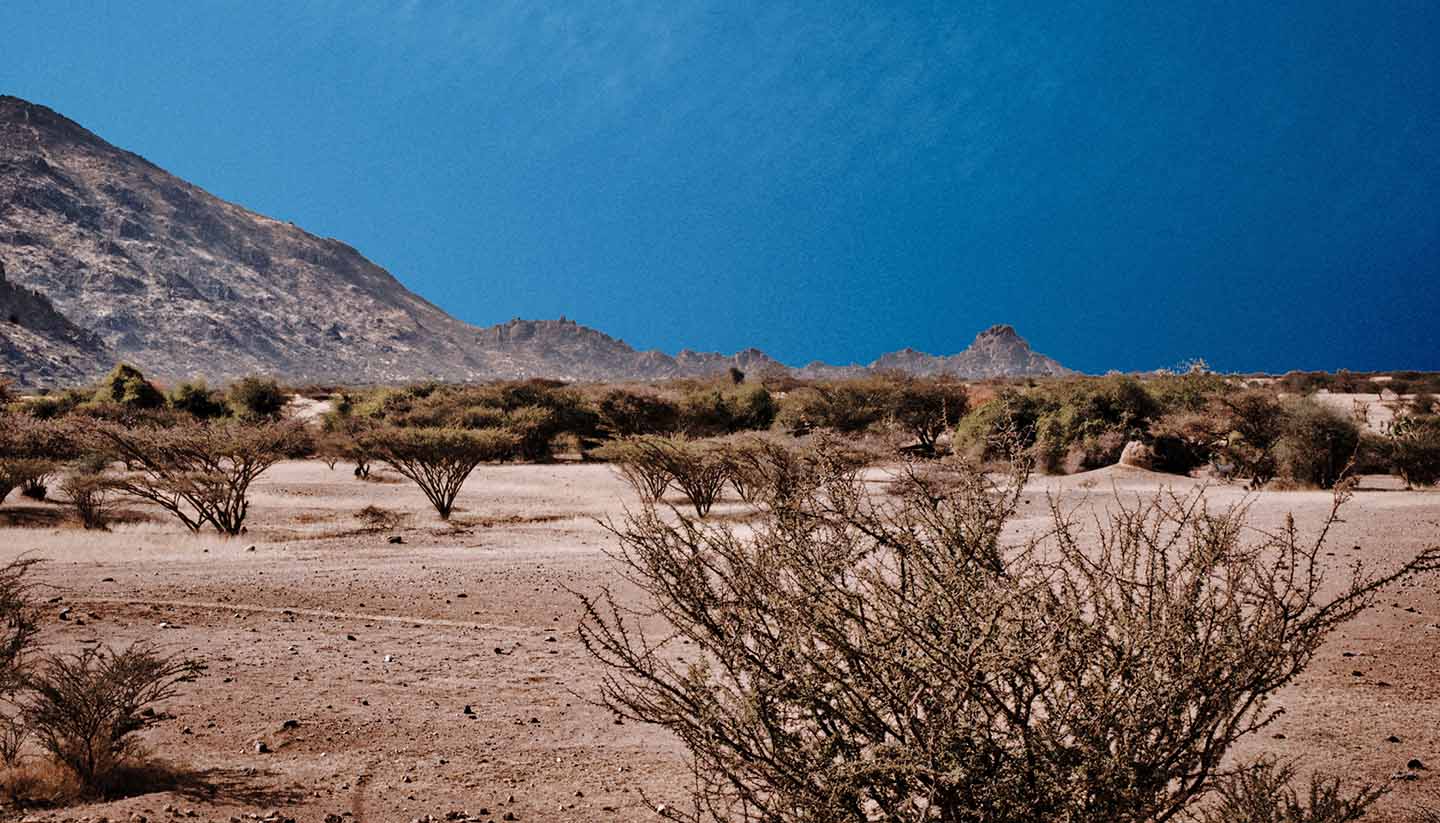Money and duty free for Eritrea
Currency and Money
Currency information
Nakfa (ERN) = 100 cents. Notes are in denominations of ERN100, 50, 10, 5 and 1. Coins are in denominations of ERN100, 50, 25, 10, 5 and 1.
The nakfa was introduced in 1998 to replace the Ethiopian birr, which signified a symbolic end to colonial rule and, as some say, contributed to tensions with their neighbour that precipitated the last war.
Credit cards
Credit cards are not accepted in Eritrea; payment is by cash only.
ATM
There are no ATMs in Eritrea.
Travellers cheques
Travellers cheques are not accepted anywhere. Payment should be in cash only.
Banking hours
Mon-Fri 0800-1200 and 1400-1700, Sat 0800-1200.
Currency restrictions
Currency exchange
US Dollar bills are the most convenient form of exchange. Foreign currencies can be exchanged at the Commercial Bank of Eritrea in Asmara (which provides the best exchange rate), private currency exchange offices and major hotels.
Until recently, the government sought to prevent the black market currency trading by requiring visitors to declare all foreign currency when entering and leaving Eritrea. Although this inconvenient and largely futile measure has been abandoned, it is still inadvisable to change money on the black market. There are periodic clampdowns on unofficial money changers (once common in Asmara around the central Post Office). You might be approached by a few daring souls, but to change money outside a bank or authorised dealership is not legal and you do so entirely at your own risk.
Eritrea duty free
Overview
The following goods may be imported into Eritrea without incurring customs duty:
• 400 cigarettes or 50 cigars or 250g of tobacco.
• 2L of alcoholic beverages.
• 500ml of perfume.
• 100g of jewellery.
• 1 camera and 1 item of electronic equipment for personal use.
Banned Imports
The usual import restrictions apply on organic products and firearms.
Banned Exports
The export of antiques, such as religious parchments and artefacts, is prohibited.


